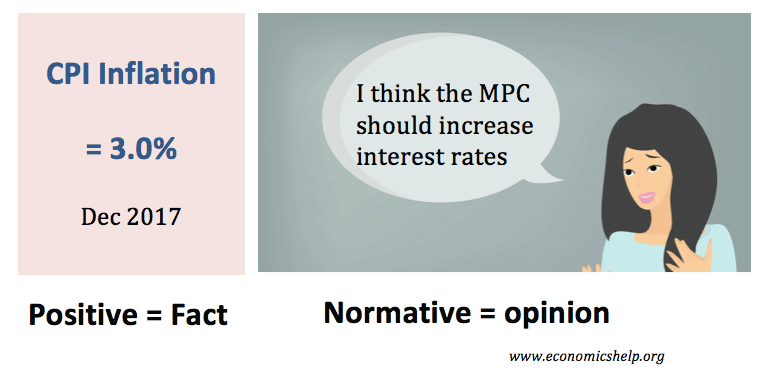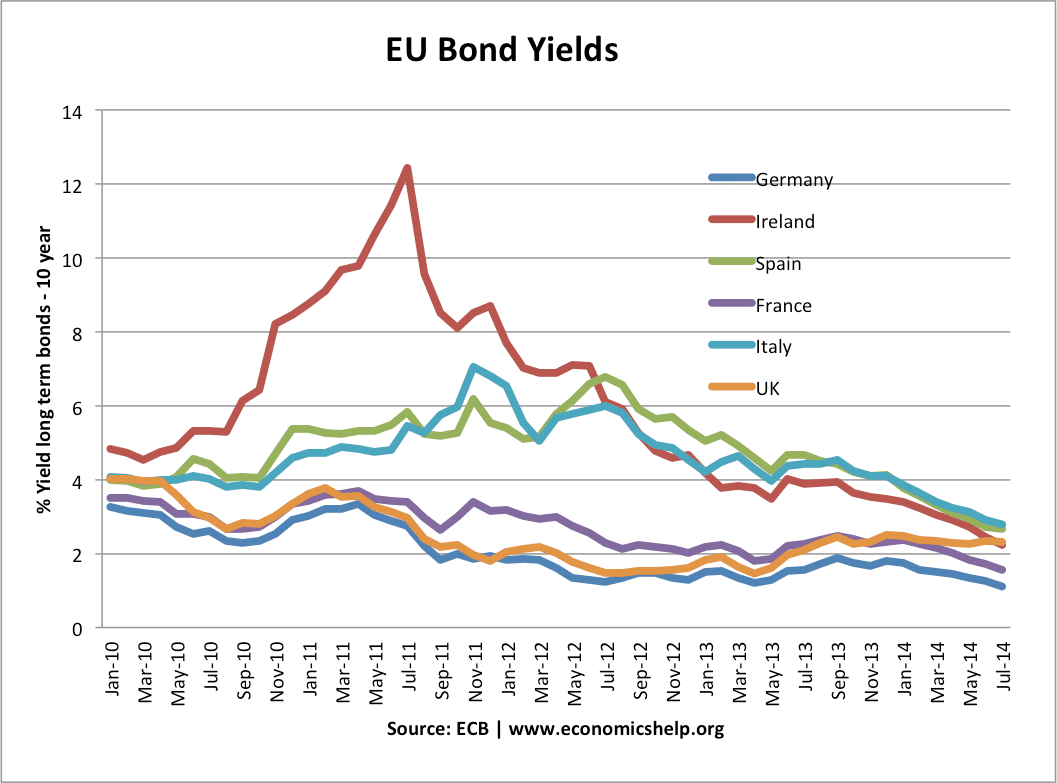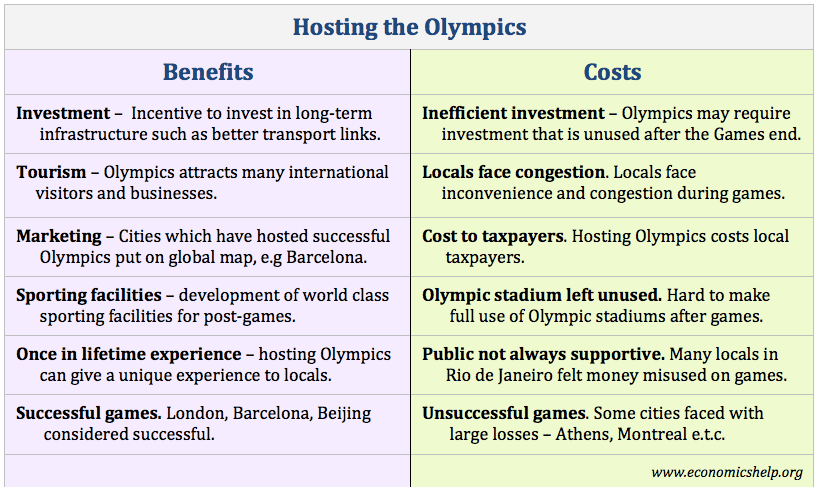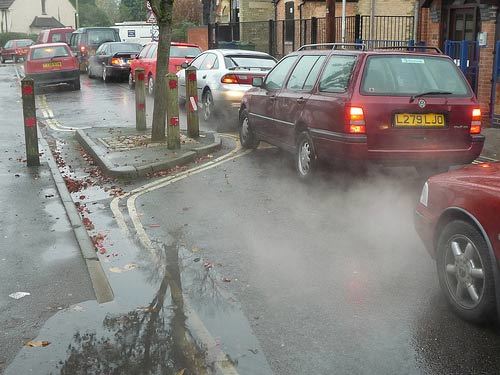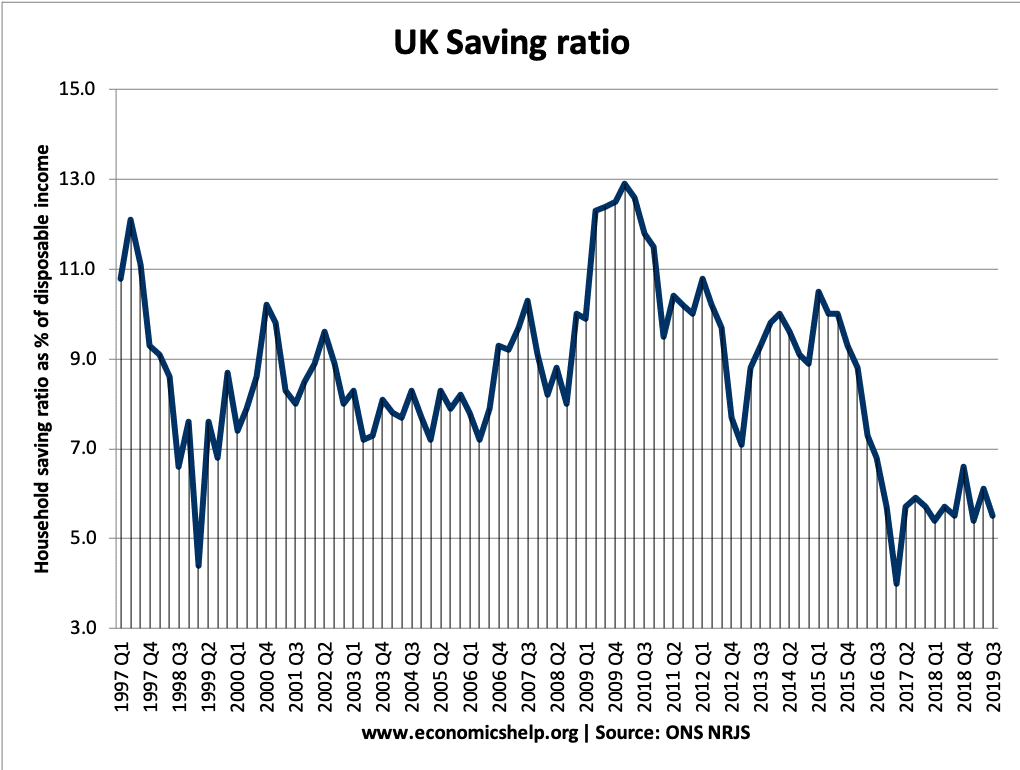Normative and Positive Economics
A positive economic statement is a statement that can be verified true or false. A normative economic statement is an opinion. It is a view that others may disagree with. Postive economics In the UK, Dec 2017 CPI inflation is 3.0% In the UK the rate of unemployment has increased by 50% in the past …

